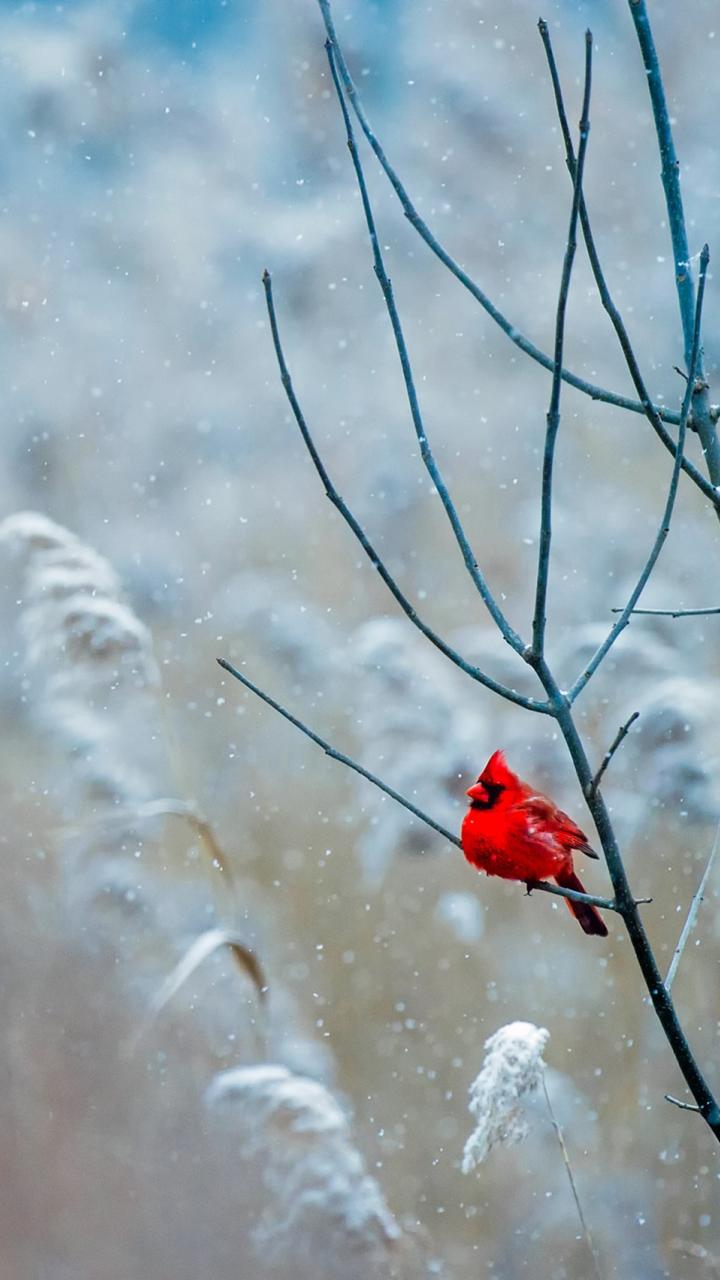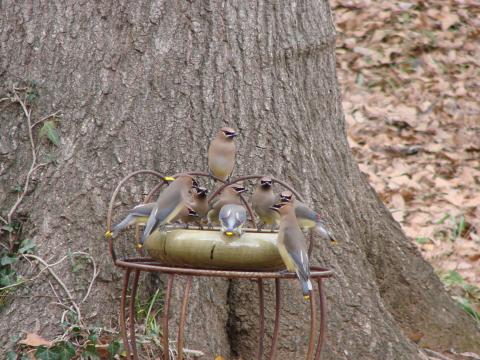Whether you are an avid or a casual birdwatcher, providing birdseed to wild birds in winter (after the bears are hibernating, of course) helps birds maintain a healthy body condition and improves their ability to survive cold temperatures. However, like kids in a daycare center, the increased number of birds in one location also increases the chances for disease to spread around.
Providing fresh, clean water and keeping feeders clean are the most helpful things one can do in the winter months for birds. Bacteria, parasites and viruses are easily spread by sick birds from feeder to feeder and cold temps don’t necessarily eliminate these bugs. Cleaning your feeders at least once or twice a month with a water & household bleach mix (1 to 9 bleach/water mix) and sweeping up seed waste will help prevent the spread of diseases.
Did you know that CWHL monitors songbird health for common bacterial disease outbreaks like Mycoplasma gallisepticum, which causes House finch eye disease and Salmonella, which causes songbird fever?
For more information on winter bird feeding: Cornell Laboratory of Ornithology





